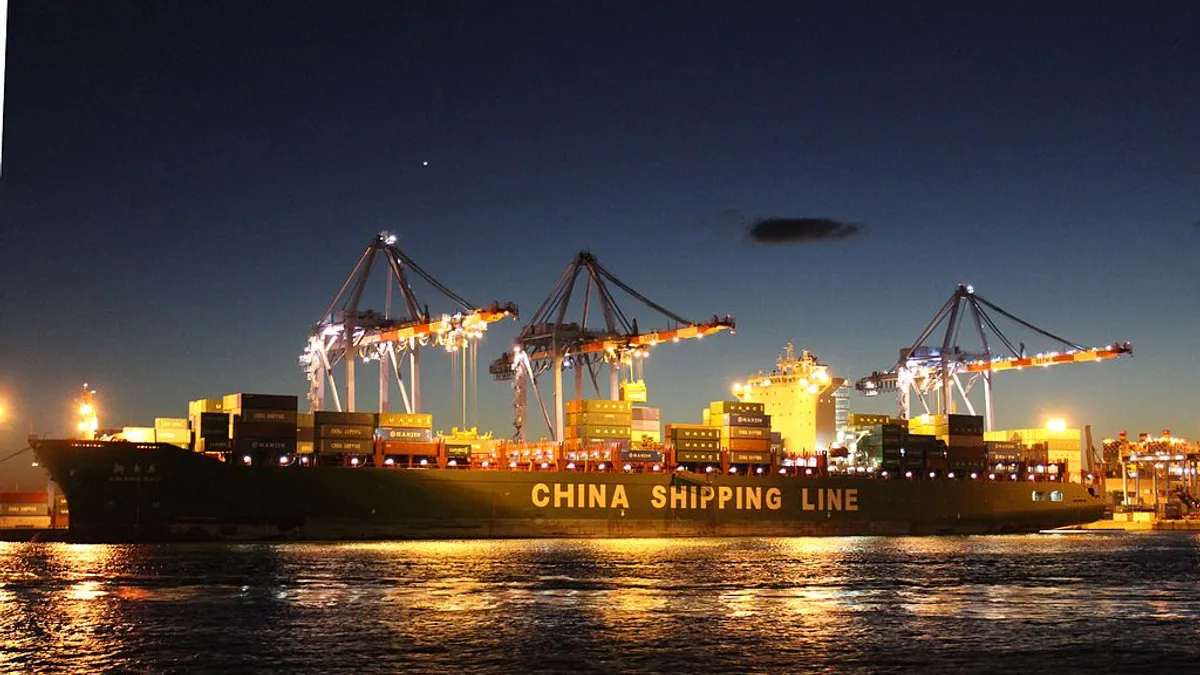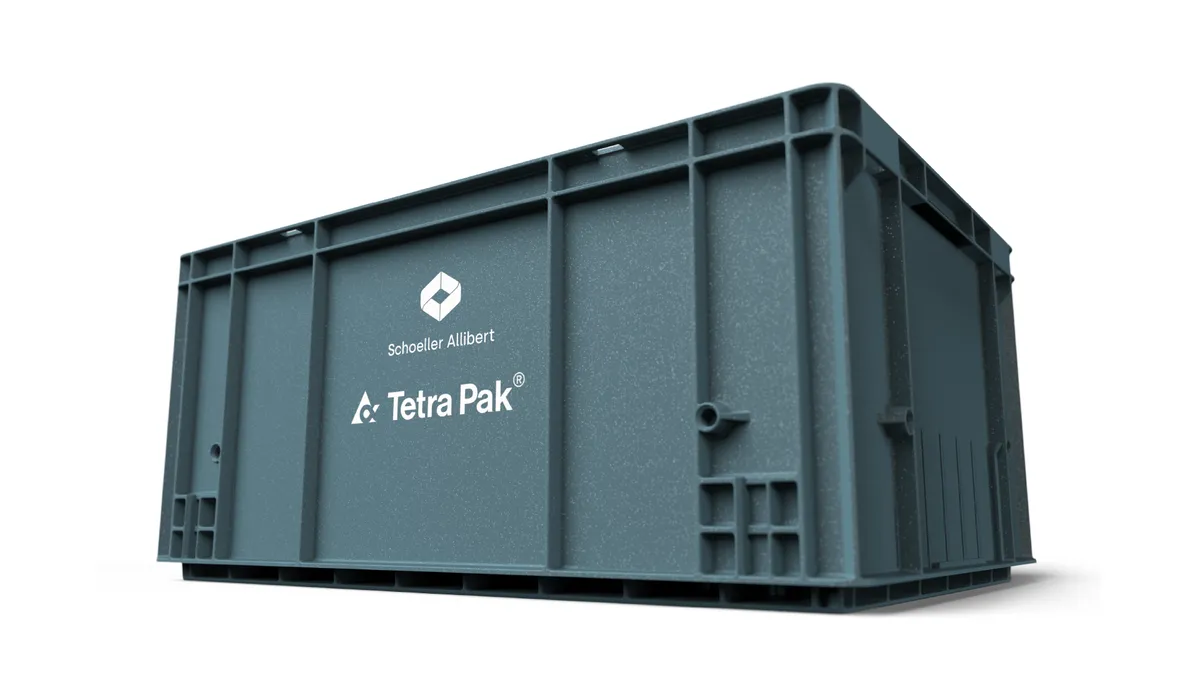China has been a major force for change in the recycling industry, especially over the past year, and the topic dominated conversations at last week’s Paper & Plastics Recycling Conference in Chicago.
Although China’s National Sword regulations might have caught some foreign recyclers off guard, economic and social indicators show the momentum had been building for years, said Andrew Coflan, an associate on the Eurasia Group’s Asia team, during the keynote session.
Coflan said one of Chinese President Xi Jinping's primary policy goals since he took office in 2012 has been reducing pollution, leading to stricter environmental standards on multiple fronts. For decades, China had serious pollution from manufacturing and energy production plants, in addition to trouble from quite a number of illegal recycling operations.
“The easiest solution to stop the small amount of illegal recyclers was to simply cut off all imports of low quality … recyclable goods. If it’s not in the country, it can’t pollute the local environment,” Coflan said.
Some global recyclers have adopted a “wait-and-see” attitude toward making alterations to business practices or investments, just in case China's policies are scaled back. Though Coflan said the chance of material imports resuming is highly unlikely, especially in the near term when other countries need homes for a surplus of unprocessed recyclables.
Several conference speakers highlighted the difficulty that Chinese manufacturers have experienced — especially paper manufacturers — from suddenly losing their foreign feedstocks. Opinions varied and there was debate about whether China has the resources for self-reliance and continued economic expansion without materials from other countries.
“Can China go it alone? Do they have the capabilities to innovate without the cooperation of the West? Yes, but on a longer timeline than they would hope, and with significant delays to other goals,” Coflan said. “Self-reliance is a key watch point.”
Experts believe the short supply of materials in China will accelerate larger Chinese companies' investments in other countries, while smaller facilities will be forced to close. Over time, that has the potential to prompt China’s GDP to shrink and cause wide-reaching economic repercussions. But even if some economic pullback does occur, “the least likely option is crisis and collapse,” Coflan said. The more likely scenario is that Chinese leaders would recognize stagnation early and be more willing to cooperate with other global players, especially on matters like tariffs.
Going forward, China might take on a different role in the recycling supply chain instead of importing materials directly. For example, Coflan said recyclers might discover that it’s “valuable to be an intermediary for U.S. exports into Southeast Asia, both recycling and otherwise."
While that’s a possibility in the long term as the industry readjusts to the new normal, Southeast Asian countries have already acted swiftly to curb an influx of materials since China’s import restrictions went into effect. Thailand, Vietnam and Malaysia all restricted or banned certain recyclable material imports in the last few months.
As such, material exporters continue to search for viable new markets. Global recycling and economic experts at the conference repeatedly mentioned countries in Africa and Latin America as possibilities, in addition to India, where the largest untapped capacity might exist. Still, experts don’t have a silver bullet solution to domestic recyclers' woes.
“There’s no country that has the logistic infrastructure … to replace China,” Coflan said. “It simply doesn't exist at this point.”
Another point that surfaced numerous times at the conference is the potential for more joint Chinese ventures and investments in the U.S. That already has been evident with news of Chinese investments on the U.S. mainland trickling in, especially for paper and plastic facilities. For example, Chinese company Nine Dragons has been buying U.S. pulp and paper facilities and Yunnan Xintongji Plastic Engineering announced plans for a plastic pellet facility in Georgia. Several speakers at the conference predicted that such investments will multiply significantly over the next two years.
Despite the plethora of uncertainty, experts feel sure about one thing: China’s long-term attempt to clean up its environment will have a profound and lasting effect on the global recycling industry.
“There’s no one clear answer for what China’s future looks like, or what the future of the U.S.-China relationship looks like, or how that will impact the entire system," Coflan said. "We are in a transitional time for both China and the global system.”























